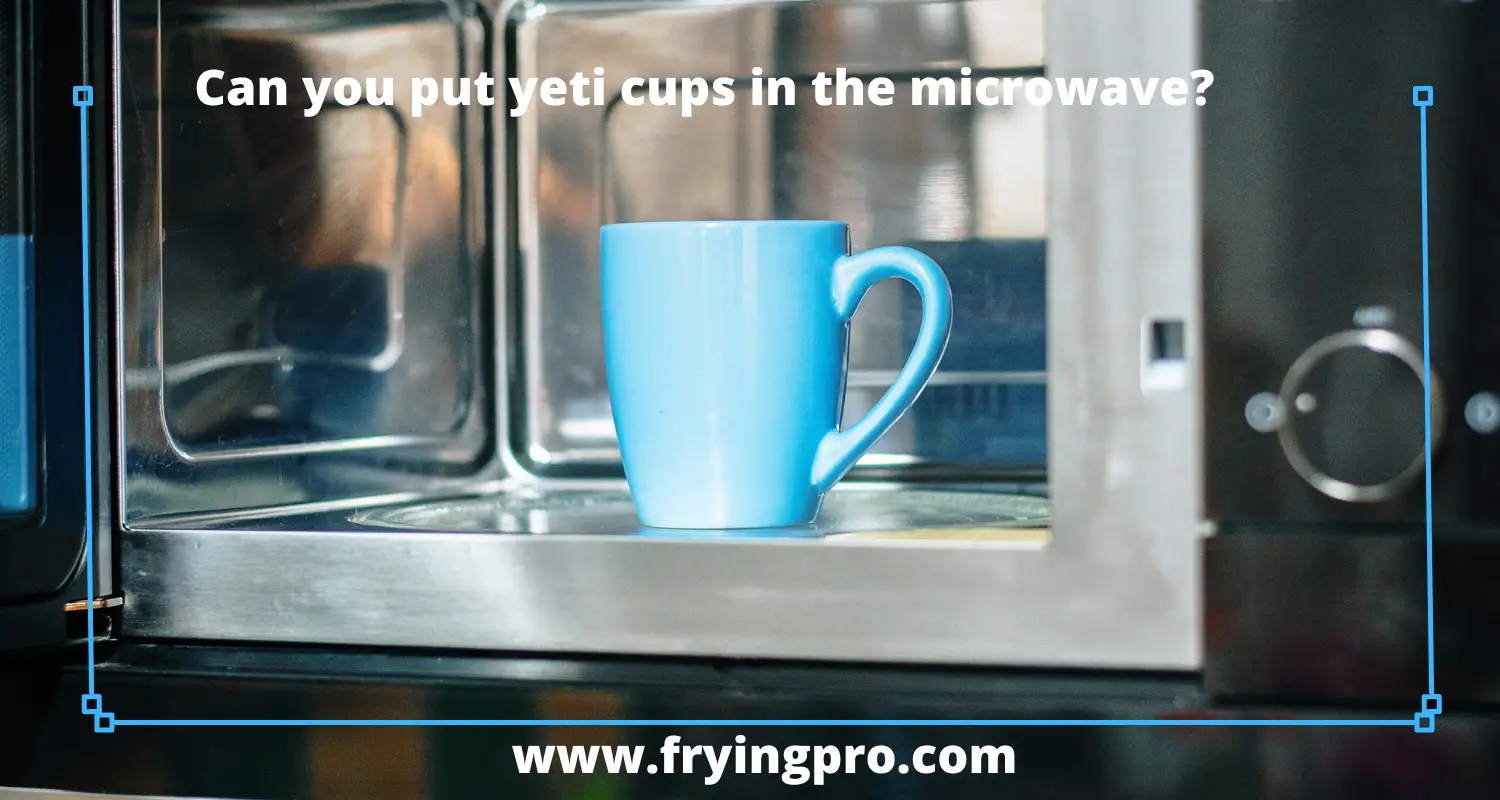Table of Contents
- Can you cover a skillet with aluminum foil?
- When I should cover a skillet with aluminum foil?
- When I should NOT cover a skillet with aluminum foil?
- What If I cover a skillet with aluminum foil without considering the cons?
- Final thoughts
Can you cover a skillet with aluminum foil?
You might be wondering, “can I cover a skillet with aluminum foil?” Well, the answer is both yes and no.
It all depends on what you’re cooking. If you need to steam something like vegetables or fish, then yes! But if you’re frying an egg or making some bacon for breakfast, don’t do that—the hot oil will cause the foil to bubble and create a mess in your pan.
This blog post will explore the pros and cons of this popular debate and when you can and cannot cover a skillet with aluminum foil.
When I should cover a skillet with aluminum foil?
Although covering a skillet has many risks, there are a few ways you can use it to cover the skillet safely. Following are the ways you can use aluminum foil as a cover without any damage:
To steam food/vegetables
Steaming your veggies is super easy. All you have to do is place them in a skillet with an inch of water, and then cover the skillet with tin foil- make sure it’s tightly sealed! Turn up the heat until the water comes to a boil and then reduce the heat to allow it to simmer for five minutes. Voila, you’ve got yourself some tasty veggies!
To cook fish or shrimp
You can cover your skillet with aluminum foil o cook fish or shrimp. This would be safe. Just make sure to add 1-2 tbsp. of cooking oil or butter. This will keep the food from sticking and also prevent the foil from bubbling up!
To save time
Many people use aluminum foil to cover their skillets in order to quicken the cooking process. If you’re running out of time, just wrap your meal and put it in the oven. You can also use foil to cook a meal that might take a while for less time. This way you won’t have to wait around.
Seal in the flavors
Another time you can cover the skillet with aluminum foil is to seal in the flavors of your meal as it cooks. It will create a steamy environment that allows all those tasty juices to gather.
Presenting on table
You can also cover a skillet with aluminum foil to give your dish a more decorative appearance! It’s a great way to keep the food warm as you’re serving it.
When I should NOT cover a skillet with aluminum foil?
When is it not safe to cover a skillet with aluminum foil? Well, there are plenty of times that this should not be done.
Frying up food
If you’re frying up some food in the skillet, don’t cover it with aluminum foil. The hot oil will cause it to bubble and could be a fire hazard.
To cook bacon or meat
Do not use aluminum foil to cover bacon or any other sort of meat. The juices that drip off the meat will get on the tin foil and could cause it to bubble or melt.
Cooking wine-braised meats
Don’t use aluminum foil to cook things like wine-braised meats. Wine and other acidic ingredients can alter the taste of tin foil and render it unusable if not properly taken care of.
So, you should NOT cover a skillet with aluminum foil without knowing the precautions, as covering an egg skillet with aluminum foil is never safe!
Acidic foods
Lastly, avoid covering a skillet with aluminum foil when cooking acidic foods such as tomatoes. The acids can react to the foil and cause it to turn black.
Onion-based foods
Lastly, do not cover a skillet with aluminum foil if your meal is onion-based. The sulfurous gases from the onions will cause the foil to bubble and this could be damaging to your expensive skillet.
To keep fish or veggies cold
Another time you should never cover a skillet with aluminum foil is when you’re trying to keep food cold. If the oil is bubbling, the foil could stick to your cooling meal and ruin it.
To make a meal warm
If you’ve accidentally cooked your meal too long and now it’s cold, do not cover it with aluminum foil. The hot oil could stick to your meal and make a mess of things.
What If I cover a skillet with aluminum foil without considering the cons?
So, what happens when you start covering every kind of food in your skillet with aluminum foil? Well, it could cause a big mess. In other words, you pay for your carelessness!
Here are the possibilities:
Getting a soggy meal
Make sure you don’t cover your skillet when cooking something that requires little moisture in order to prevent your meal from getting soggy.
Damage to skillet
This is probably the most common reason why you should not cover a skillet with aluminum foil because it can damage your skillet over time.
And If you’re using a non-stick skillet, it will damage the coating and could ruin your entire pan.
Hazardous to health
The aluminum will seep into the food, causing it to turn gray and your dish to have a metallic taste. This could also potentially expose people to toxic chemicals. Yuck!
Tragic ending for aluminum foil
Never cover your skillet with aluminum foil because even though it may be easier to clean, this could cause the aluminum foil to stick and tear which can lead to dangerous situations! It can also cause sharp pieces to break off and pose a threat to your safety.
Skillet gets difficult to wash
You’ll have a hard time washing your skillet if you cover it with aluminum foil. The foil will stick to the food and make it virtually impossible to clean.
So it is better to not cover a skillet with aluminum foil. Wait for the food to finish cooking and then take it out of the skillet to a serving plate.
Final thoughts
Long story short, you can cover a skillet with aluminum foil but there are some limitations. Aluminum is a non-stick cookware material, but if you do not know what you are doing when cooking food in the skillet, covering it with aluminum foil to speed up the process could have negative effects.
On top of that, it can damage your skillets over time and cause other problems that are hazardous to both your health and your cooking device.
So, the next time you want to cook a meal with aluminum foil, remember what you’ve learned through this blog post.
Devour your favorite meals!




